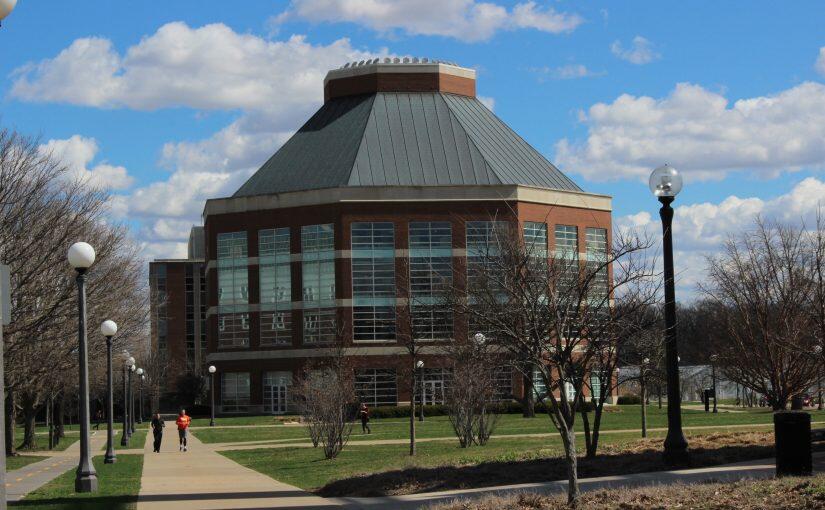Student success workshops guide students in COVID-19 times

College can be difficult – any student knows that. What many students may not know, though, is how dedicated their teachers and advisors are to helping them navigate what can be a stressful and confusing time, especially now.
Logan Honegger is no stranger to the student experience in the College of Agricultural, Consumer and Environmental Sciences (ACES). Also an ACES alumna, she now serves as coordinator for advising and student success in the Office of Academic Programs, working with ACES undeclared students and ACES students on academic probation to ensure they are setting themselves up for success at the University of Illinois Urbana-Champaign.
Through success-focused workshops and plans to revitalize an ACES center for tutoring and other skill-building opportunities in the spring, Honegger is eager to act as a resource for students to help them thrive and find a path to their future in ACES.
Eager to get involved with success workshops or future tutoring opportunities in ACES, or know a fellow ACES student who could benefit? Connect with Honegger at lhonegg2@illinois.edu.
Before starting her position in ACES in January Honegger worked in higher ed admissions, but always knew she wanted to work with ACES students and help them find solutions to problems.
“I absolutely loved working with people and specifically with students,” Honegger says about her previous role. “But I was working more with high school students when I was in admissions, recruiting students instead of working with college students.”
To many, probation might have a negative connotation, but many factors influence how students learn and succeed. Though many times students on probation are struggling with course material, Honegger says other factors could affect their learning environments.
“There are probably other things that are going on, whether that be with mental health, emotionally, or things physically in our surroundings,” Honegger says. “So, when students come to me about that, I really like being able to talk to them and point them to different resources on campus.”
Honegger, along with Shelley Schmidt, a professor in the Department of Food Science and Human Nutrition, and Debra Korte, director for learning innovation and e-learning in ACES, created student success workshops this summer that ACES students are required to attend.
These workshops were originally planned as a course that Honegger and Schmidt would co-teach, but when many classes went online, Schmidt brought up the idea of a series of workshops instead. These workshops take place every other Wednesday on Zoom at 6:30 p.m., and each weekly workshop focuses on different skills.
“We really wanted to be intentional with the types of topics we did and the time of the semester we did that,” Honegger says. A couple of weeks ago, for example, a workshop focused on motivation and procrastination as that is often the time of the semester where students start to experience burnout.
Honegger also wanted to make sure she offered workshops on both academic-related skills, like time management and organizational skills, and non-academic-related skills, like financial wellness and self-care. Though students in ACES on academic probation are required to attend workshops, all U of I students can join to build on their skills.
The student success workshops are just one part of Honegger’s vision for the College of ACES, though. ACES used to have a collaborative learning center which provided tutoring, and Honegger wants to bring that back to ACES.
“My vision is to have the ACES collaborative be a student success center where we house tutoring and the student success workshops,” Honegger says. She hopes to hire around 10 tutors for the spring specifically for ACES classes.
These additions to ACES could help students on their paths to success, especially when the uncertainty of COVID-19 adds even more stress on top of students’ already heavy stress load. For students struggling with isolation, focusing, or any other mental health concerns, Honegger offers advice.
“Reach out to someone if you feel like things aren’t going your way,” she says. “We want to be there for students. I know sometimes it feels good to sit in your bed, but sometimes that’s not the best for students’ mental health.”
Her workshops touch on some of these topics, and ACES undeclared students or ACES probation students can always ask Honegger for more campus resources if they’re looking for more guidance on ways to navigate the rest of the semester. Honegger wants to help students, and when her students succeed, she feels that she succeeds, too.
“It’s rewarding to see them in good academic standing, but then also, even though it doesn’t sound super rewarding, is to see my ACES undeclared students get into the major they’ve been wanting,” Honegger says. “I hope that I was a small piece of that.”